UN Security Council members condemn Israel’s assassination of Hamas leader in Iran
Members of the United Nations Security Council (UNSC) have condemned Israel’s assassination of Ismail Haniyeh, head of the political bureau of the Palestinian resistance movement Hamas, in Tehran.
The UNSC convened for an emergency session at the request of Iran on Wednesday evening, hours after Haniyeh was assassinated in an attack on his residence in the Iranian capital Tehran, where he had attended the swearing-in ceremony of Iran’s newly-elected president, Masoud Pezeshkian, a day earlier.
Speaking at the council, China’s Ambassador to the UN Fu Cong said Beijing strongly condemns the assassination of Haniyeh.
Slamming the incident as a blatant attempt to sabotage peace efforts, Cong stressed, “China is deeply worried about an exacerbation of the upheaval in the region that this incident may trigger.”
Similarly, Algeria also lashed out at the crime, with its envoy to the world body, Amar Bendjama, warning, “We are on the precipice of catastrophe.”
He stressed that Israel’s attack was “an act of terror” that violated international law and the sovereignty of Iran, describing it as a “terrorist act perpetrated by the Israeli occupying power.”
“This is not merely an attack on one man. It is a vicious assault on the very foundations of diplomatic relations, the sanctity of state sovereignty and the principles that underpin our global order,” Bendjama further said.
Israel’s “blotchy, scorched-earth policy” is leading to a “tide of violence flooding Gaza, the West Bank, Yemen, Lebanon, Syria and now the Islamic Republic of Iran,” the Algerian envoy noted, asking, “Where will this madness end?”
Bendjama also urged the international community not to remain silent “as innocent blood is spilled and international law is shredded to pieces. With utmost urgency, we call for an immediate, unconditional ceasefire in Gaza and the lifting of the inhuman Gaza blockade.”
Russia also condemned the assassination, with its First Deputy Permanent Representative to the UN Dmitry Polyansky stressing that the consequences of the attack are "dangerous" for the entire region.
“This is a serious blow, primarily to mediation negotiations between Hamas and Israel focused on a ceasefire in the Gaza Strip, and Ismail Haniyeh was a direct participant in this. We must all understand this,” he emphasized.
Polyansky stressed that the assassination was an attempt to drag Iran into “an atmosphere in the region that is already at the boiling point.”
“The heinous practice of targeted assassination of high-profile political and military figures is bringing the Middle East to the brink of a region-wide war,” the Russian diplomat warned.
Polyansky also called on all sides to avoid a full-scale regional war, reiterating the need for the full and comprehensive implementation of UNSC Resolution 1701.
The resolution, which brokered a ceasefire in the war Israel launched against Lebanon in 2006, calls on the Israeli regime to respect Lebanese sovereignty and territorial integrity.
Japan’s deputy UN representative, Shino Mitsuko, also called for for increased international efforts to prevent a regional conflict.
“We fear the region is at the brink of all-out war,” he told the emergency session.
Feda Abdelhady Nasser, the deputy permanent observer of the State of Palestine to the UN, also told the council that “Israel has been the oppressor, tormentor and murderer of Palestinians for decades, and it is the longstanding destabilizer of our region.”
“We demand accountability for Israel’s assassination of Ismail Haniyeh, as we have continually demanded accountability for the wanton murder and injury of over 130,000 Palestinian children, women and men across these past 300 days of horror and hell in Gaza,” she stressed.
In his address to the emergency meeting, Iran's Ambassador to the UN Amir-Saeed Iravani warned the world body of attempts by Israel to expand the scope of its genocidal aggression against the Gaza Strip to the entire region.
“The warmongering leaders of this rogue regime have shown complete disregard for the basic norms and principles of international law,” he stressed.
Leader of the Islamic Revolution Ayatollah Seyyed Ali Khamenei has warned the regime of a “harsh response” for the assassination, saying it was the Islamic Republic’s duty to avenge the blood of the resistance leader.
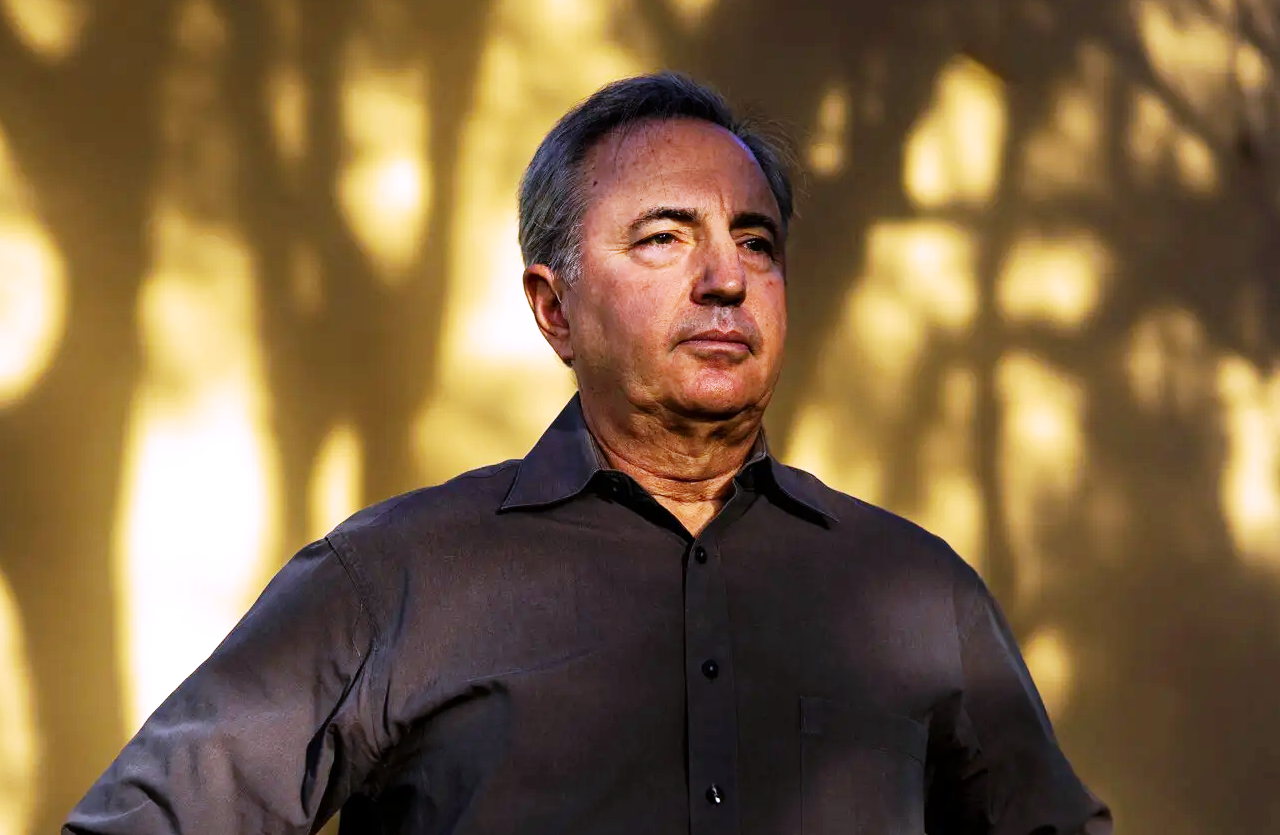
Editor of Pulitzer Prize-winning US newspaper fired over cartoon deemed ‘antisemitic’
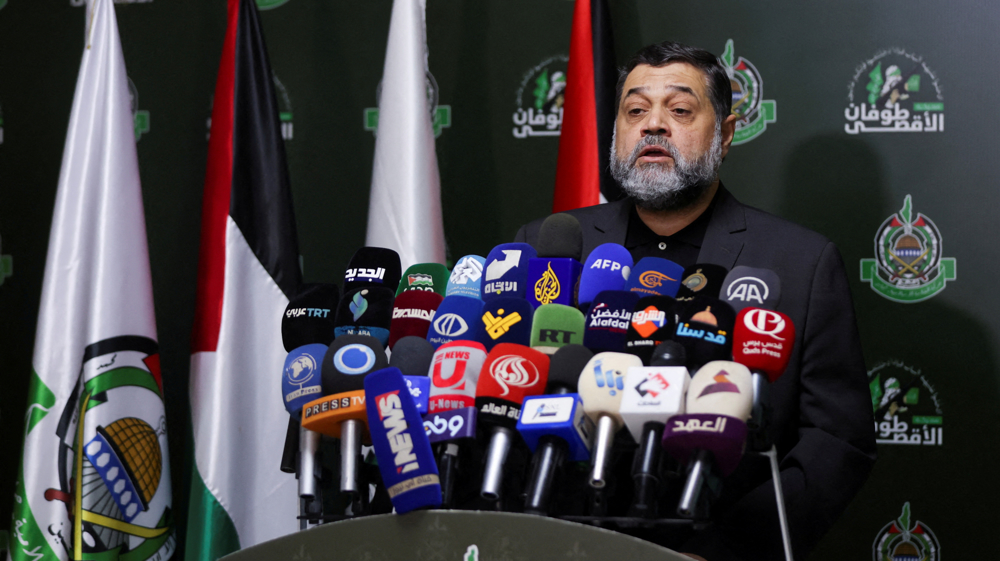
Hamas: Second phase of Gaza ceasefire ‘sole way’ to free Israeli captives
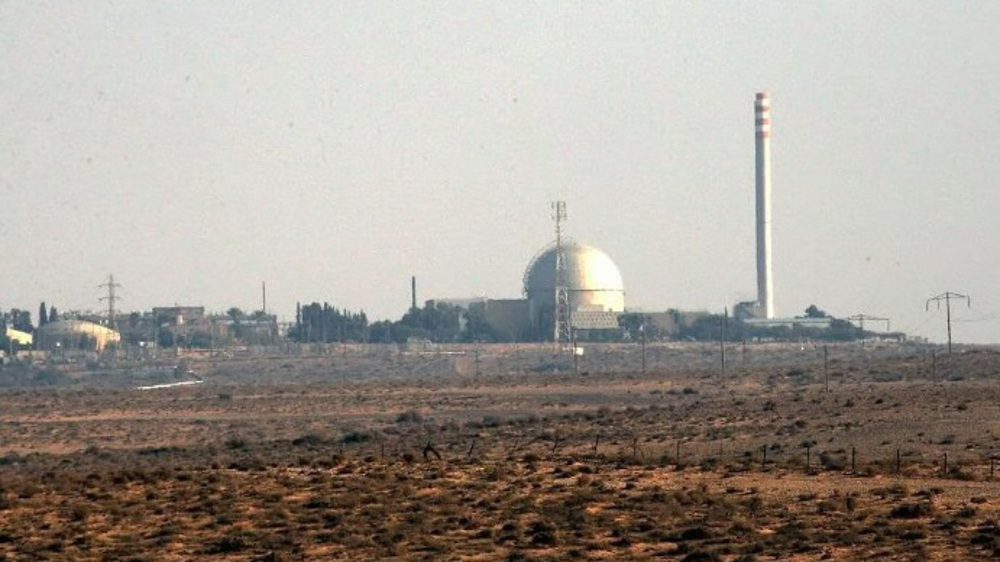
Israeli engineer arrested for offering Iran info on Dimona nuclear reactor: Israeli media
Iran asks Turkish officials to avoid making incorrect remarks
OPEC+ to raise output for first time since 2022: Report
VIDEO | Reviving Gaza mosque
Grossi stresses IAEA pursues constructive relations with Iran
Editor of Pulitzer Prize-winning US newspaper fired over cartoon deemed ‘antisemitic’
Hamas: Second phase of Gaza ceasefire ‘sole way’ to free Israeli captives
Iran signs into law its free trade deal with EAEU
One dead, several injured as car rams into shoppers in Mannheim: German police


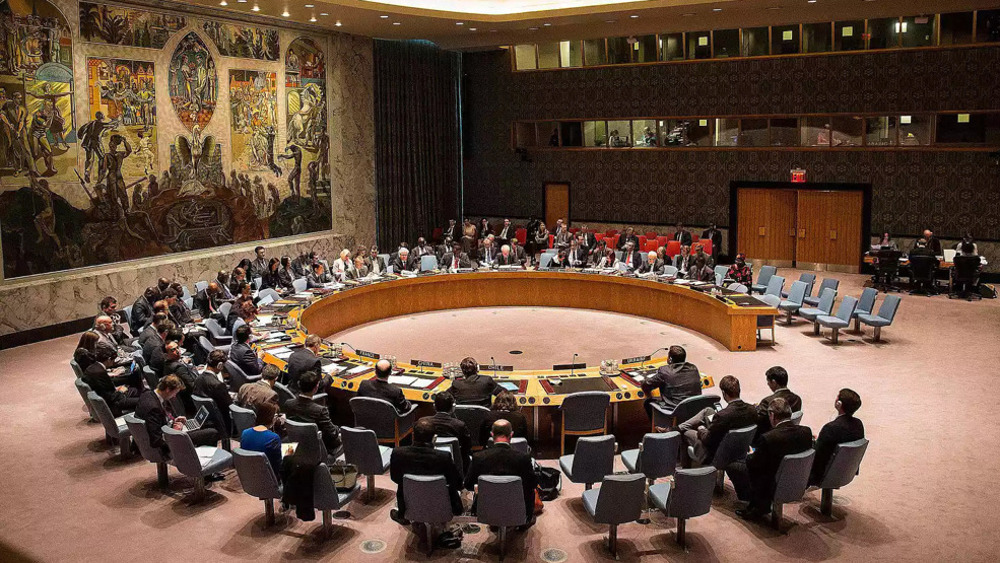
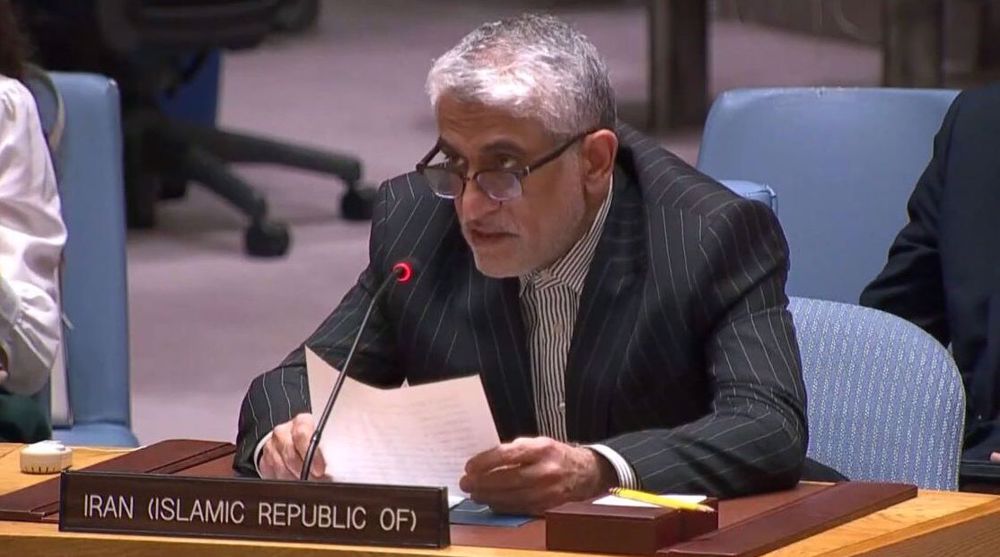
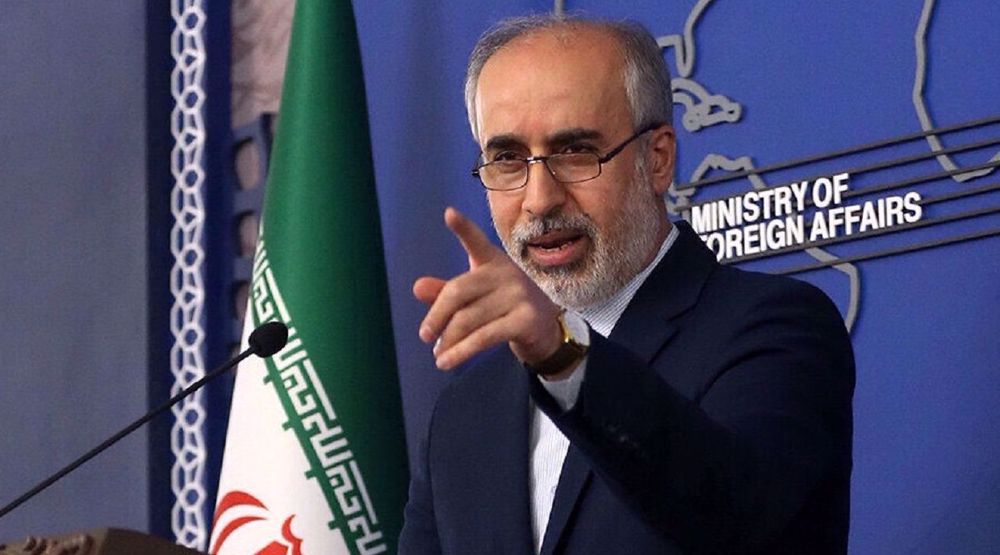




 This makes it easy to access the Press TV website
This makes it easy to access the Press TV website